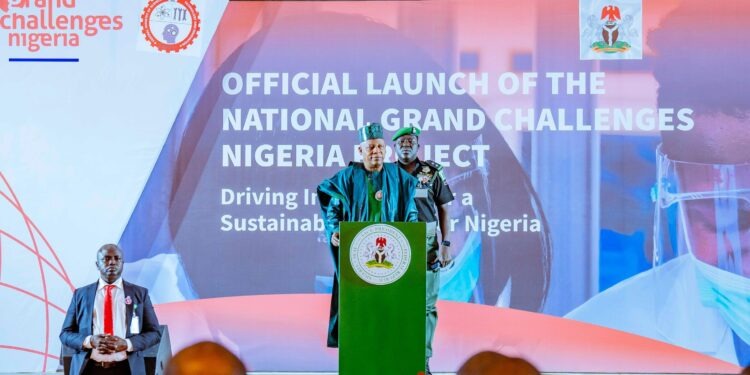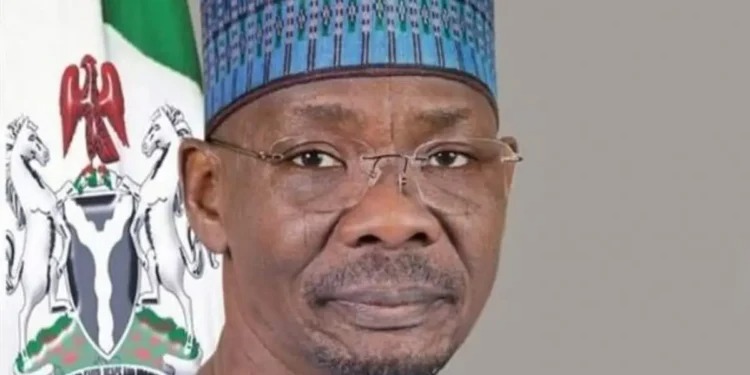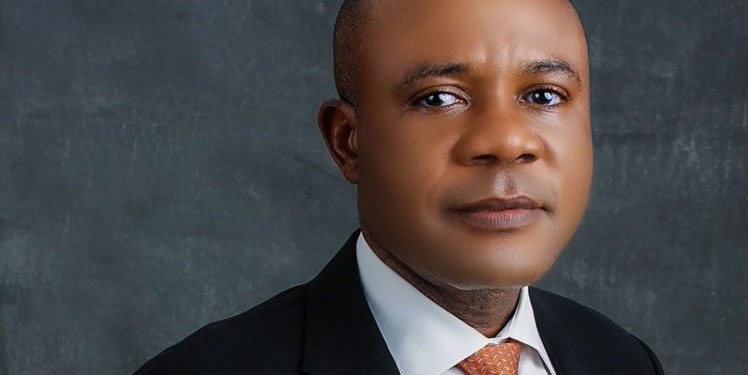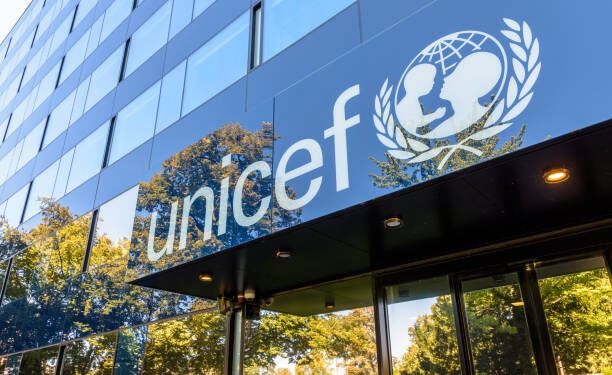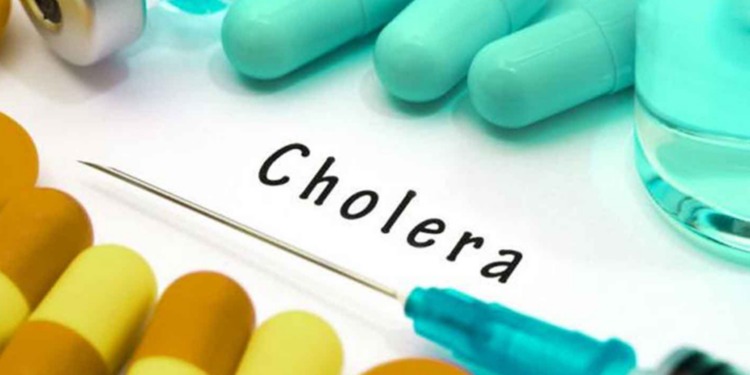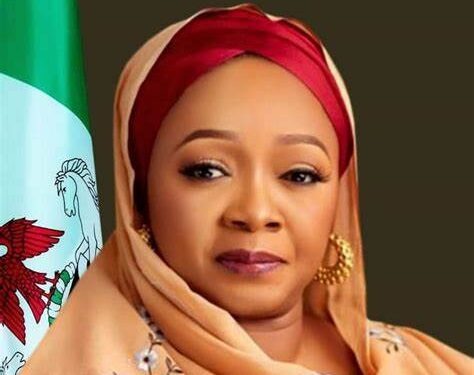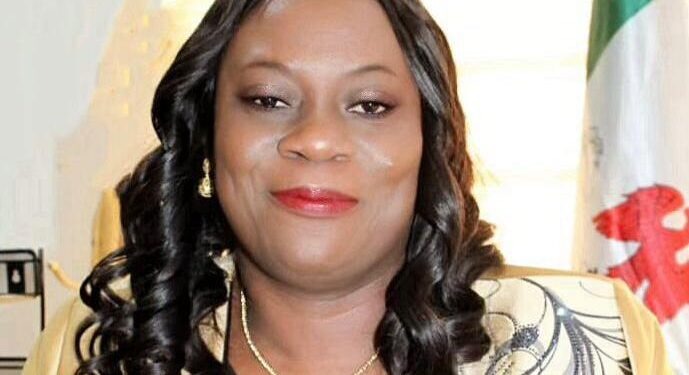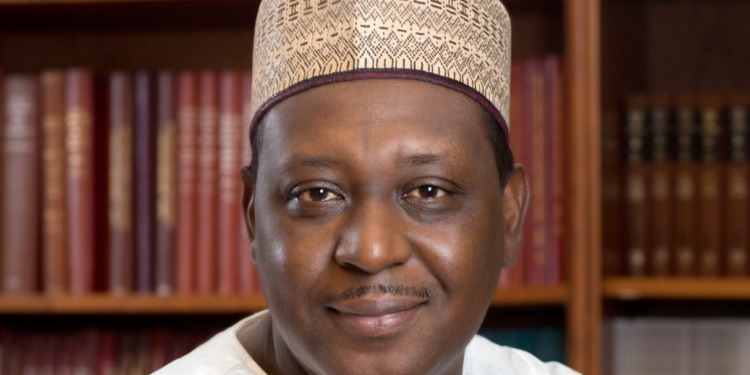Vice President Kashim Shettima has launched ‘Grand Challenges Nigeria’ (GCNg), a national innovation programme aimed at revolutionizing Nigeria’s healthcare landscape through locally developed solutions. The initiative, which is part of the global Grand Challenges network, will focus on maternal and child health challenges in the first phase. Launching the initiative on Monday at the Presidential …
